Health and Beauty
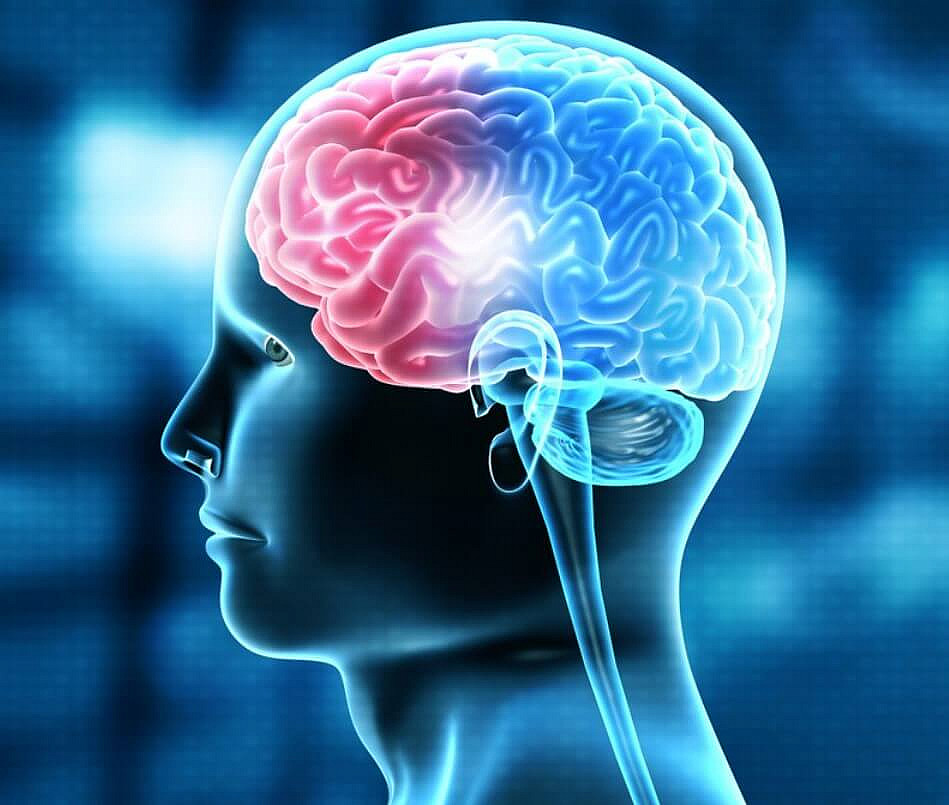
Cerebral atherosclerosis is a chronic disorder in which atherosclerotic plaques of cholesterol form on the walls of the arteries that supply the brain. These deposits obstruct normal blood flow, leading to a lack of oxygen in brain tissues. Hypoxia due to atherosclerosis often manifests after age 50. In this article we will consider the symptoms and methods of treatment of this disease.
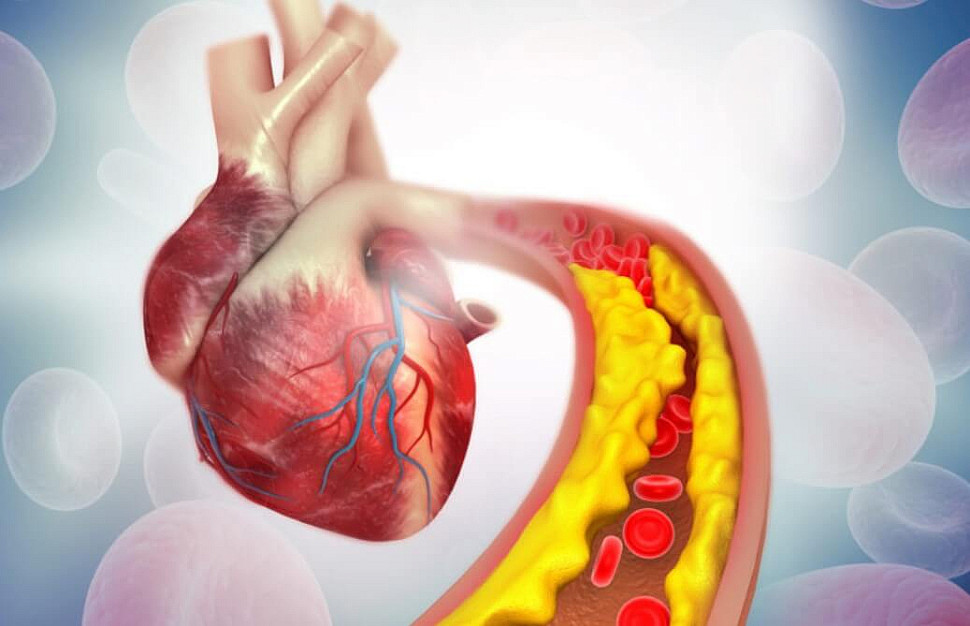
Atherosclerosis is a chronic disease that affects arteries throughout the body. In this pathology, fatty deposits, mainly cholesterol, form in the inner lining of the arteries. This leads to a narrowing of the lumen of the vessels, which can end in their complete blockage.

Melatonin is a hormone that the brain begins to produce in the dark. Its source is the pineal gland.
The scientific evidence suggests that melatonin plays an important role in more than just sleep regulation. This hormone affects various processes in the body.

Good-quality, long-lasting sleep at night is key to maintaining a person’s health and well-being. During sleep, the body recovers, relieving accumulated stress and activating important metabolic processes necessary for normal functioning.
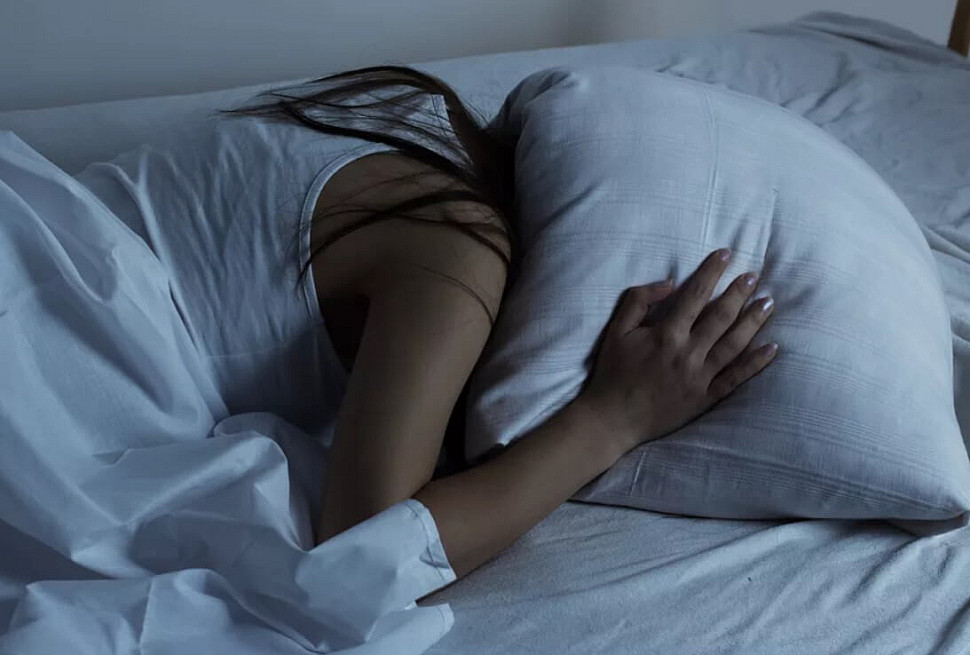
Bad sleep each night may signal a lifestyle change. If you have nightmares, it is important to understand their causes. In this article, we will discuss when to see a doctor and what steps can be taken to improve sleep.
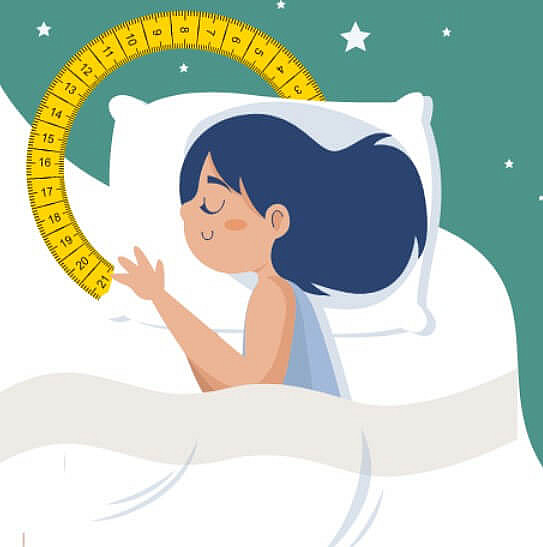
According to the National Sleep Foundation, the quality of sleep in humans has deteriorated over the past two decades. The number of adults who sleep less than six hours a day increased by 5%
Up to 25% of the world’s population is reported to be overweight. Over the past three decades, the incidence of obesity has doubled among adults and tripled among children.
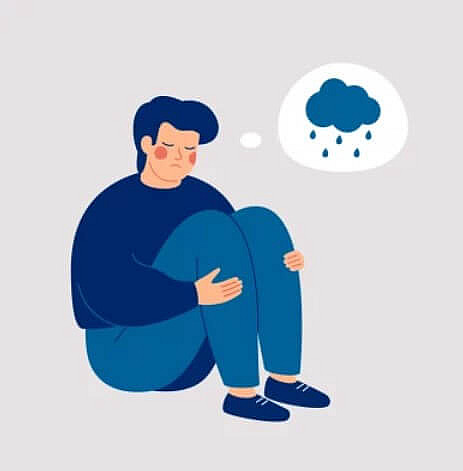
In the human body, the nervous system plays a leading role in regulating the work of all organs and systems of our body. In addition, it is the basis of the psyche, that is, it is the soil (or matter) on which mental functions develop: perception, thinking, memory, emotions, will, personality traits.
The state of the nervous system and psyche directly determines the health of the entire organism. A healthy nervous system and psyche ensure the normal functioning of the entire organism.
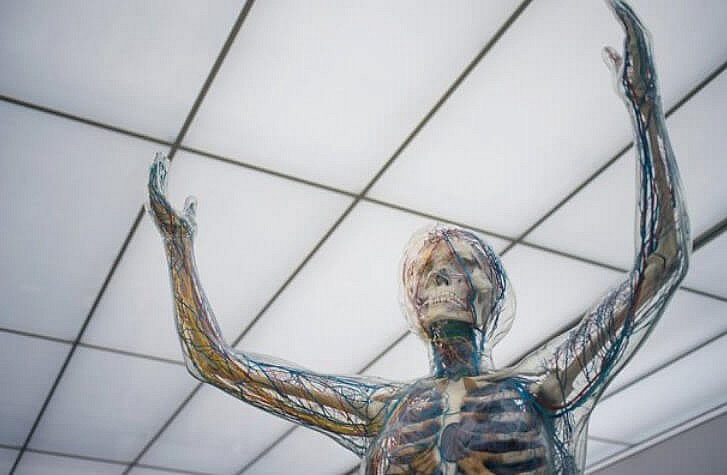
About one in five people experience nervous system problems. These problems may include depression, anxiety, insomnia, panic attacks, or headaches. Lack of knowledge about the workings of this key body system often leads to myths and misconceptions. In this article we will analyze the most common of them.

Lack of sleep immediately affects well-being, productivity, and the ability to focus. It's especially unpleasant when you're in bed for hours, but you still can't sleep. As the alarm clock approaches, anxiety increases, and the sleep that finally submerges becomes restless and shallow.

Before starting treatment for male infertility, it is important to make sure that his wife has no problem conceiving. If such problems exist, the treatment of the spouse should be carried out in parallel and in accordance with the husband's examination and treatment plan. It is also necessary to exclude the factors that prevent pregnancy: the use of medicines, unfavorable working conditions, insufficient sexual activity.
